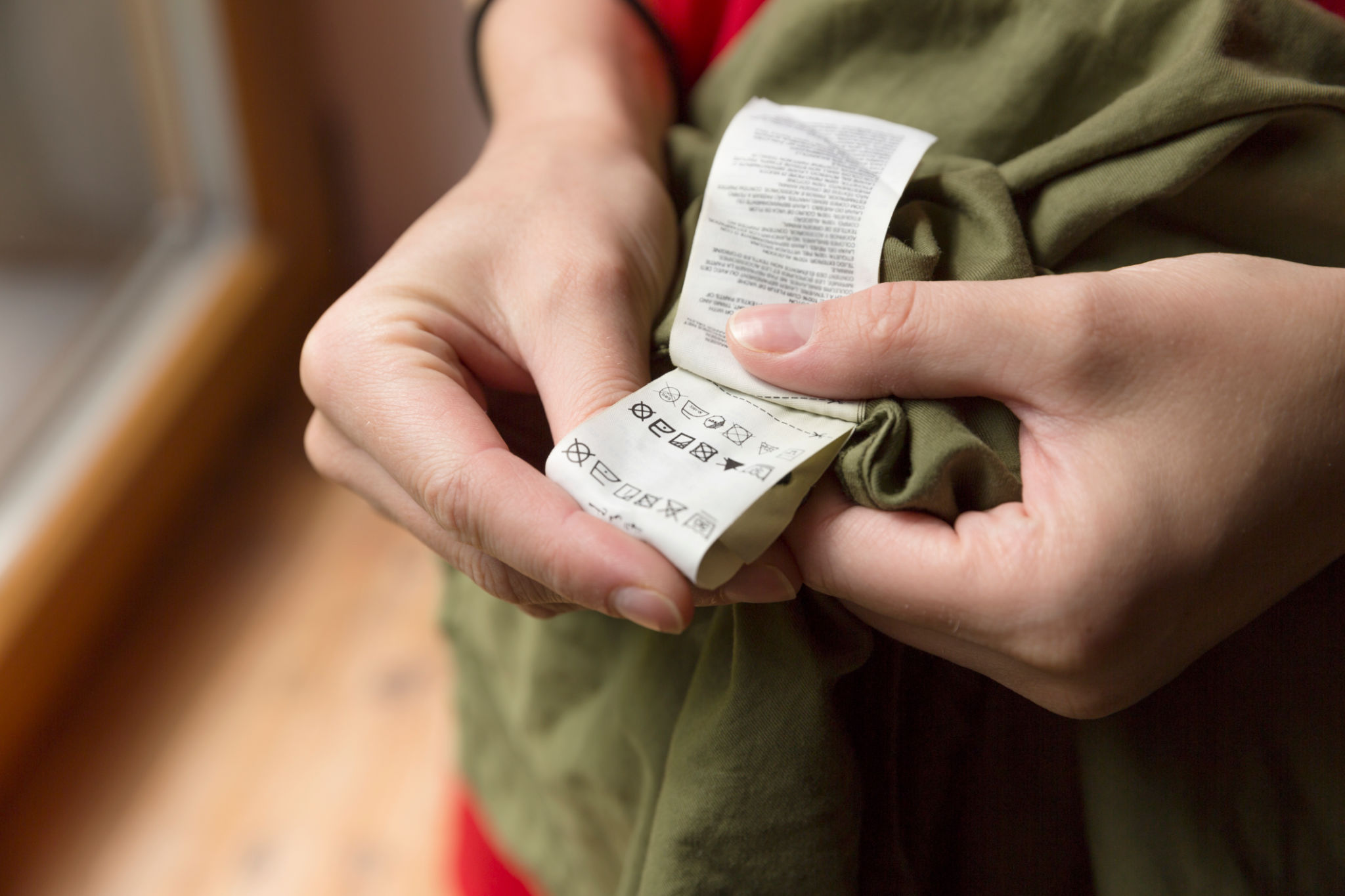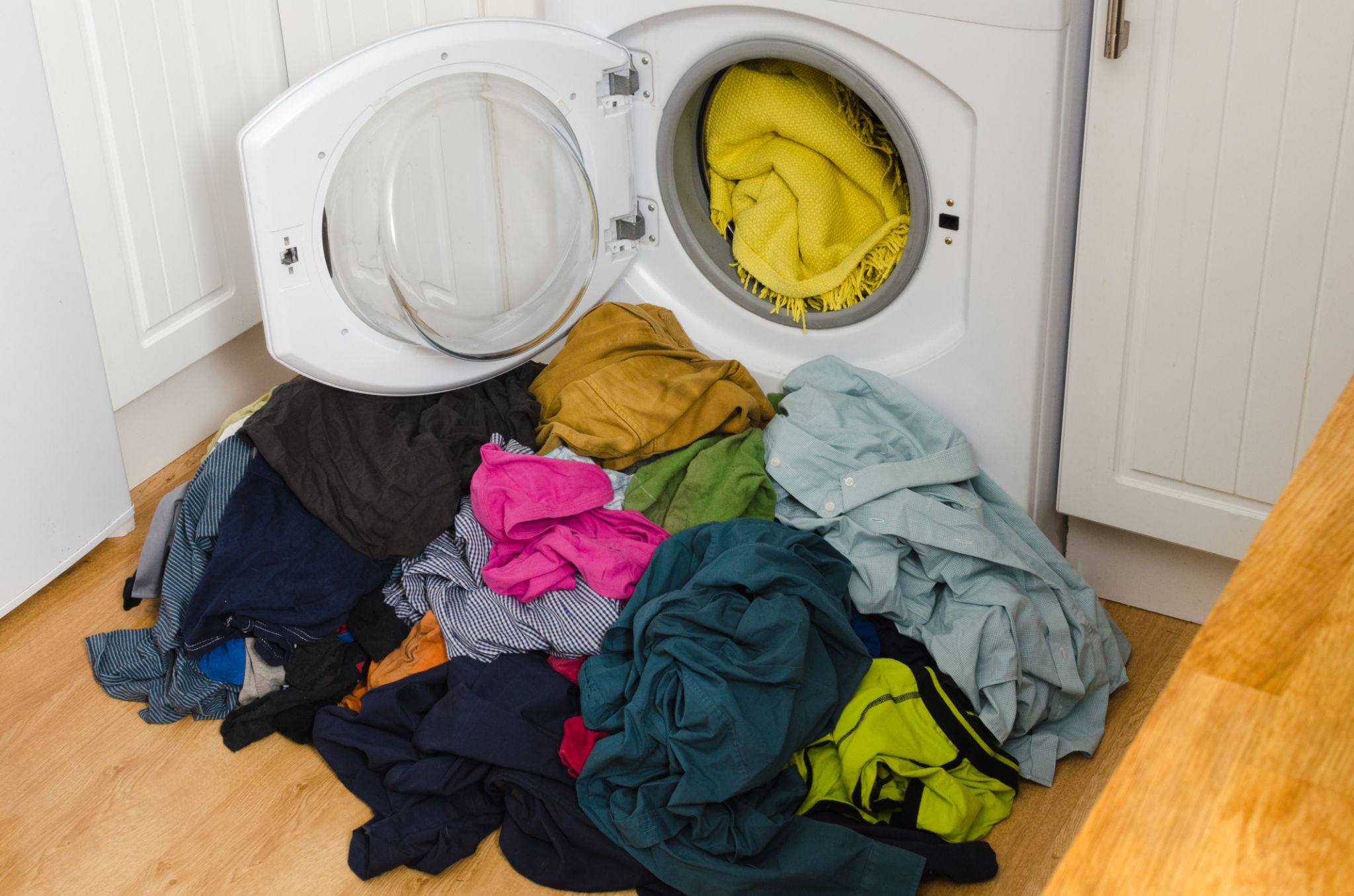Avoiding Common Laundry Mistakes: Insights from Carlton North's Top Laundry Experts
Understanding Fabric Care Labels
Laundry might seem straightforward, but there's a common mistake many make: ignoring fabric care labels. These labels contain crucial information on how to properly care for your clothes. From water temperature to drying instructions, each symbol guides you to keeping your garments in excellent condition. Ignoring these labels can lead to shrinking, fading, or even ruining your clothes.
Before tossing your clothes into the washer, take a moment to familiarize yourself with these labels. It's a small step that can significantly extend the life of your favorite garments. If you're unsure about a particular symbol, resources are available online to help decode them.

Sorting Your Laundry Correctly
Another common laundry mishap is failing to sort clothes properly. Mixing different colors and fabric types can lead to disastrous results. To prevent color bleeding and fabric damage, always sort your laundry into whites, darks, and colors. Additionally, consider separating heavy fabrics from lighter ones.
By sorting effectively, you not only protect your clothes but also enhance the efficiency of your washing machine. This practice reduces the risk of overloading and ensures that each item gets the care it deserves.

Choosing the Right Detergent
The market is flooded with various detergent options, each claiming to be the best. However, using the wrong type for your laundry needs can be ineffective or even harmful. For example, delicate fabrics often require a gentle detergent, while heavily soiled items might benefit from a more robust formula.
Moreover, consider eco-friendly detergents if you're looking to reduce your environmental impact. These options are often free from harsh chemicals and are biodegradable, making them a great choice for both your clothes and the planet.

Understanding Water Temperature
Many people underestimate the importance of water temperature in laundry care. Using the wrong temperature can lead to colors fading or fabrics shrinking. Generally, cold water is suitable for delicate and dark-colored items, warm water works well for synthetic fabrics, and hot water is ideal for whites and heavily soiled items.
Adjusting the water temperature based on the load can make a world of difference in preserving the quality of your clothes. Always refer back to those fabric care labels for guidance on the appropriate settings.
Avoiding Overloading the Machine
It might be tempting to stuff as much laundry as possible into one load, but overloading is a prime mistake. When the machine is too full, clothes cannot move freely, resulting in inadequate cleaning and increased wear and tear.
Make sure there's enough space for items to tumble comfortably. This not only ensures a better clean but also extends the lifespan of both your garments and washing machine.

Proper Drying Techniques
Drying your clothes might seem like a no-brainer, but doing it improperly can cause major issues. Over-drying or using high heat settings can shrink fabrics and cause permanent damage. Instead, try air drying when possible or using low heat settings for delicate items.
If using a dryer, remember to clean out the lint trap regularly to maintain efficiency and safety. For specific items like wool or silk, consider professional drying services to avoid mishaps.
Conclusion: Mastering Your Laundry Routine
By avoiding these common laundry mistakes, you can transform your laundry routine from a chore into an efficient and effective process. Understanding fabric care labels, sorting correctly, choosing the right detergent, and adjusting water temperatures are key steps in preserving your wardrobe.
The experts at Carlton North emphasize that taking these small yet significant measures can save you time, money, and frustration in the long run. Remember, when it comes to laundry, it's all about working smarter, not harder.
